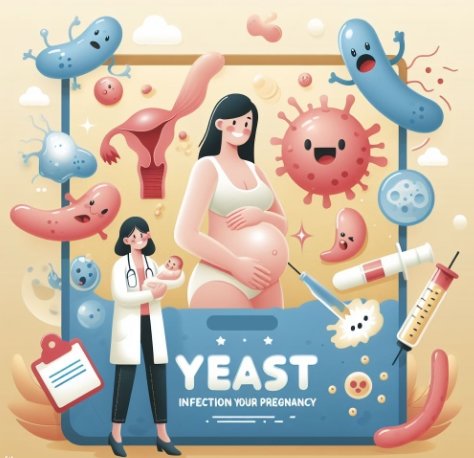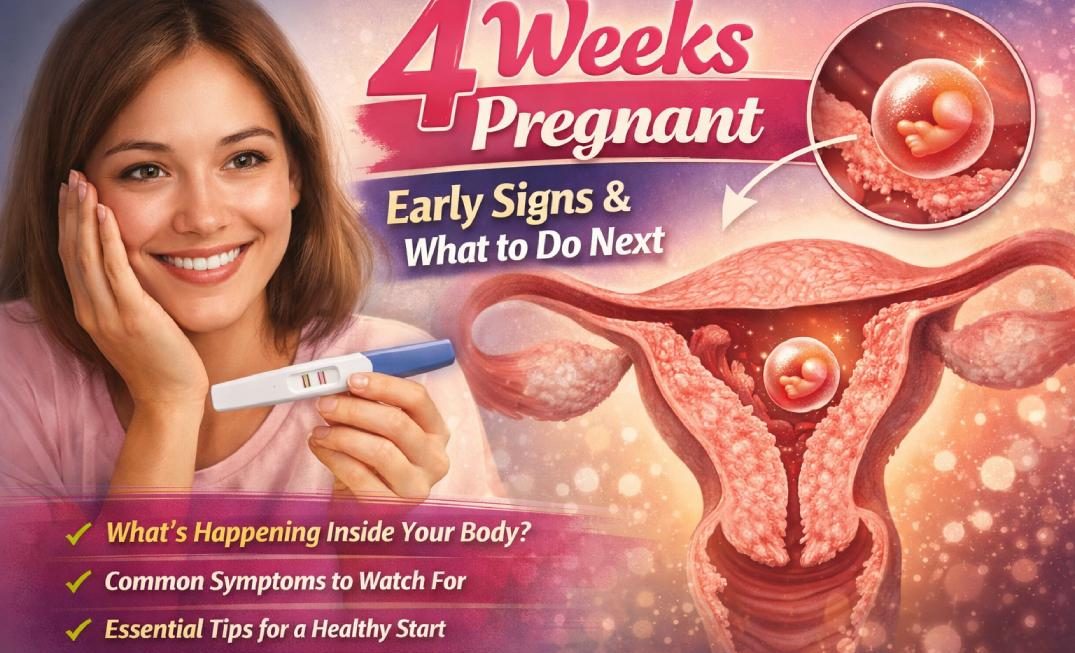Pregnancy is a beautiful journey filled with anticipation and excitement, but it can also come with its share of challenges. One such challenge that many expectant mothers face is dealing with yeast infections during pregnancy. Yeast infections, caused by an overgrowth of the fungus Candida, can be uncomfortable and sometimes even painful. However, with the right knowledge and guidance, managing yeast infections while pregnant is entirely feasible.
Understanding Yeast Infection While Pregnant
What Causes Yeast Infections During Pregnancy?
During pregnancy, hormonal changes can alter the pH balance of the vagina, creating an environment that is conducive to the growth of yeast. Additionally, increased levels of estrogen can promote the growth of yeast, leading to overgrowth and subsequent infection.
Symptoms of Yeast Infection During Pregnancy
Common symptoms of a yeast infection include itching, burning sensation, redness, and swelling around the vaginal area. Some women may also experience a thick, white, cottage cheese-like discharge.
Diagnosing Yeast Infections During Pregnancy
If you suspect you have a yeast infection during pregnancy, it’s essential to consult your healthcare provider for an accurate diagnosis. Your doctor may perform a pelvic exam and take a sample of vaginal discharge to confirm the presence of yeast.
Treatment Options for Yeast Infections During Pregnancy
Topical Antifungal Creams
One of the most common treatment options for yeast infections during pregnancy is the use of topical antifungal creams. These creams are applied directly to the affected area and work by killing the fungus responsible for the infection.
Oral Antifungal Medications
In some cases, your healthcare provider may prescribe oral antifungal medications to treat a yeast infection during pregnancy. However, these medications are usually reserved for severe or recurrent infections, as they may pose some risks to the developing fetus.
Home Remedies for Yeast Infections During Pregnancy
Several home remedies may help alleviate the symptoms of a yeast infection during pregnancy. These include wearing loose-fitting clothing, avoiding scented hygiene products, and practicing good hygiene habits.
Preventing Yeast Infections During Pregnancy
Maintain Good Hygiene
Practicing good hygiene habits can help prevent yeast infections during pregnancy. This includes regularly washing the vaginal area with mild soap and water and avoiding douching, which can disrupt the natural balance of bacteria in the vagina.
Wear Loose-Fitting Clothing
Tight-fitting clothing can create a warm, moist environment that is ideal for the growth of yeast. To prevent yeast infections, opt for loose-fitting clothing made of breathable fabrics like cotton.
Avoid Scented Hygiene Products
Scented hygiene products like soaps, lotions, and perfumes can irritate the delicate skin of the vaginal area and disrupt the natural balance of bacteria, making you more susceptible to yeast infections. Stick to unscented products to reduce your risk.

FAQs About Yeast Infection While Pregnant
1. Can yeast infections harm my baby during pregnancy?
Yeast infections during pregnancy typically don’t pose any serious risks to the baby. However, if left untreated, a yeast infection can potentially be passed on to the baby during delivery.
2. Are over-the-counter antifungal treatments safe to use during pregnancy?
Many over-the-counter antifungal treatments are considered safe to use during pregnancy. However, it’s always best to consult with your healthcare provider before using any medication while pregnant.
3. Can I prevent yeast infections during pregnancy?
While it’s not always possible to prevent yeast infections entirely during pregnancy, there are steps you can take to reduce your risk. These include practicing good hygiene habits, wearing loose-fitting clothing, and avoiding scented hygiene products.
4. Are yeast infections more common during certain trimesters of pregnancy?
Yeast infections can occur at any time during pregnancy, but they may be more common during the second trimester when hormonal changes are most pronounced.
5. Can my partner transmit a yeast infection to me during pregnancy?
While uncommon, a partner can transmit a yeast infection to you during pregnancy through sexual intercourse. Using condoms can help reduce this risk.
In Conclusion, dealing with a yeast infection while pregnant can be uncomfortable, but with the right knowledge and guidance, it’s entirely manageable. By understanding the causes, symptoms, and treatment options for yeast infections during pregnancy, you can take proactive steps to keep yourself comfortable and healthy throughout your pregnancy journey. If you have any concerns or questions about yeast infections during pregnancy, don’t hesitate to consult with your healthcare provider for personalized guidance and support.


